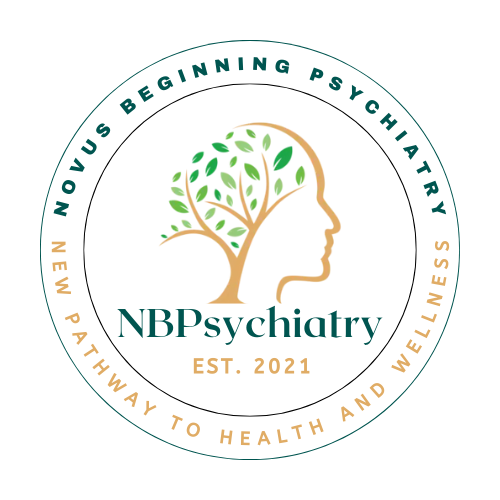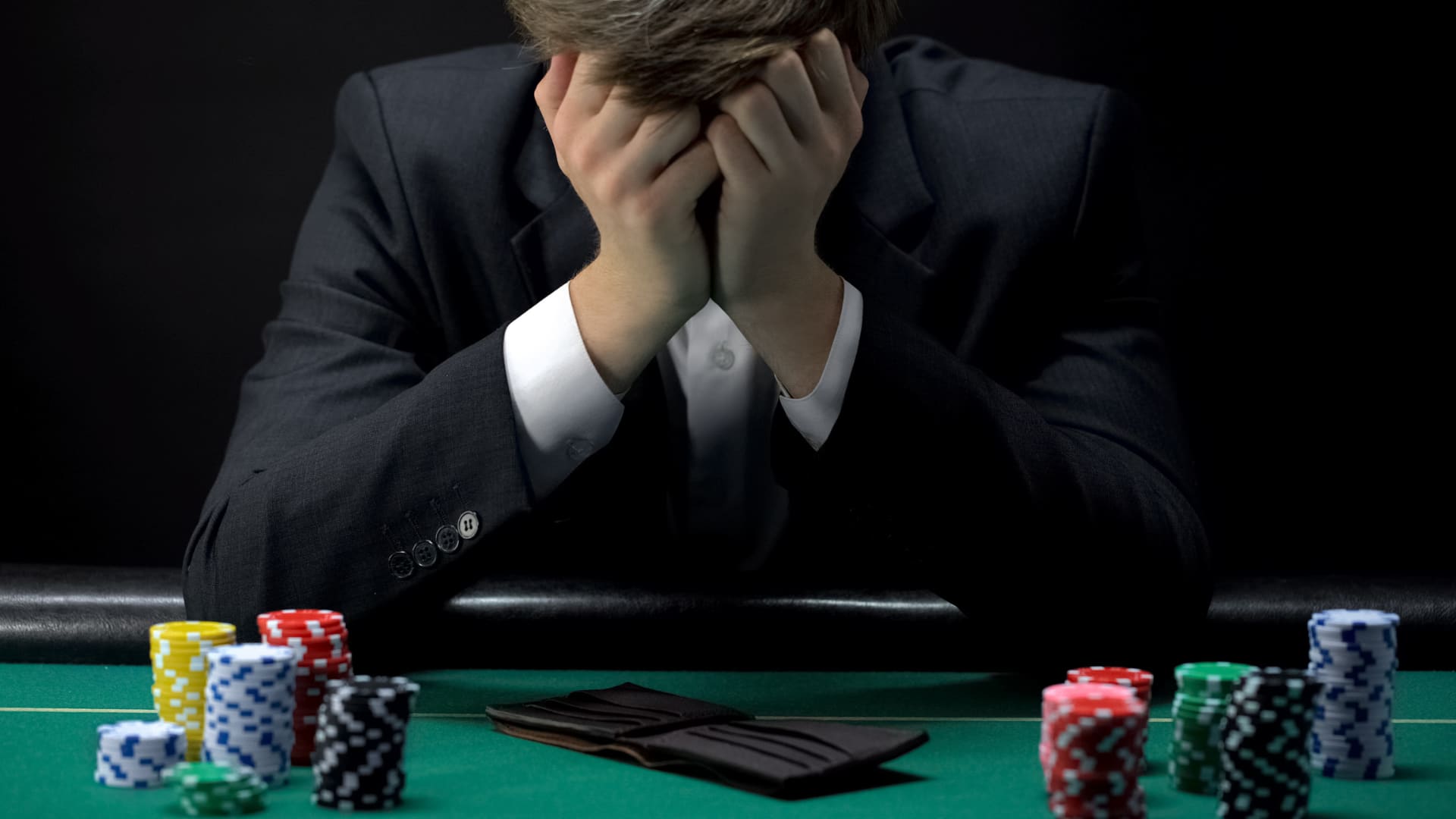Gambling Addiction
Compulsive gambling, also called gambling disorder, is the uncontrollable urge to keep gambling despite the negative effects it has on your life. Gambling disorder involves repeated gambling behavior. Even when it results in severe issues, they will keep doing it. These actions cause issues for the person, their family, and society as a whole. Gambling addiction may overstimulate the brain’s reward system, similar to alcohol or drugs, which can lead to addiction.
If a person has compulsive gambling, they may continually pursue bets that end in losses, spend savings, and create debt. They could try to disguise their actions, perhaps turning to theft or fraud to satisfy your addiction.
Symptoms of Gambling Disorder
Symptoms of gambling disorder may include:
- Having a gambling obsession, such as continually planning activities to increase one’s money
- Thinking about gambling frequently
- Having an intense craving for gambling
- Gambling with money or items you don’t own
- Needing to make bigger bets to achieve the thrill of excitement
- Irritable or restless when you try to cut down on gambling
- Gambling as a way to avoid problems or relieve feelings of helplessness, or guilt
- Trying to get back the lost money by gambling even more
- Gambling on despite the negative results on one’s income, career, or personal relationships
- Lying to hide one’s gambling habits
- Difficulty controlling gambling activity
- Risking or losing important relationships, a job, or work opportunities because of gambling
- Requesting financial help from others
What complications are connected with gambling addiction?
People with compulsive gambling may face a variety of challenges if they do not seek therapy. The probability of suicide is the most hazardous consequence. Other adverse effects of the condition include:
- Significant financial or possessions loss
- Severe debt
- Legal issues or imprisonment
- Relationship Issues with family and friends
- Poor work performance or job loss
- Poor general health
What are the Risk Factors of Gambling Disorder?
Concerns with mental health.
Compulsive gamblers frequently struggle with substance abuse, personality disorders, depression, and/or anxiety. Additionally, attention-deficit disorder (ADHD), obsessive-compulsive disorder (OCD), and bipolar illness may also be associated with compulsive gambling (ADHD).
Age
Younger and middle-aged persons are more likely to suffer from compulsive gambling. The likelihood of developing compulsive gambling increases if a youngster or teenager gambles. However, compulsive gambling can also be an issue for older adults.
Influence from family or friends
The chances that you may develop a gambling issue are higher if members of your family or close friends do. Family relationships and friends have a significant impact on people throughout their lives.
Specific personality traits
You may be more likely to develop compulsive gambling if you are highly competitive, a workaholic, impulsive, and restless. People who get easily bored also have a chance to develop gambling disorders.
Gender
Men are more likely to engage in compulsive gambling than women. Women tend to begin gambling later in life and may develop an addiction more quickly. However, the ways that men and women gamble are becoming increasingly similar.
How is gambling addiction managed or treated?
Gambling affects people in different ways. For different people, different approaches may work better. Gambling problems are treated with a variety of therapy methods, such as cognitive behavioral therapy (CBT), psychodynamic therapy, group therapy, and family therapy.
People with compulsive gambling get an understanding of their reasons behind gambling through CBT. They can better control their gambling issues because of this understanding. Counselors also go over different approaches for problem-solving, such as how to manage cravings to gamble, how to rebuild family and friendship bonds, how to maintain recovery, and other relevant monetary and personal difficulties. Counseling will help the:
- Learn to manage their gambling
- Reconcile family relationships
- Deal with the desire to gamble
- Deal with challenges and stress
- Spend your time doing something else
- Organize your finances
- Keep recovering and stay away from triggers



